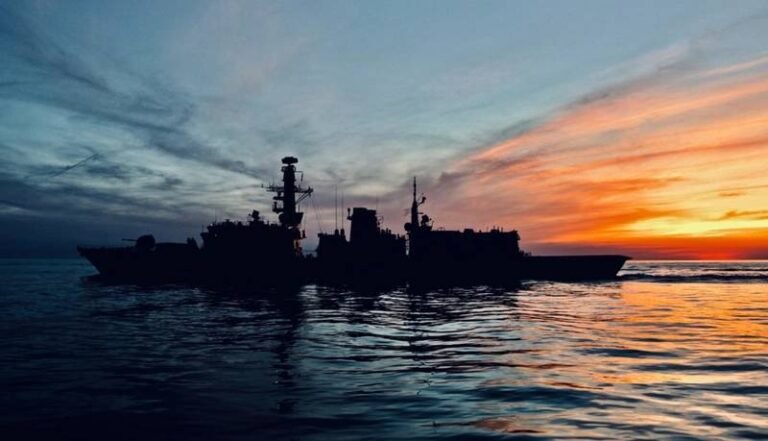Latvia-Sweden Undersea Fibre Optic Cable Damaged in Baltic Sea
An undersea fibre optic cable connecting Latvia and Sweden was damaged on Sunday, with Latvia suspecting external influence as the cause. The incident has prompted an investigation by local and NATO maritime forces in the Baltic Sea.
Latvian Prime Minister Evika Silina confirmed the damage, stating, “We have determined that there is most likely external damage, and that it is significant.” Latvia is working with NATO and other Baltic Sea countries to clarify the circumstances surrounding the incident.
Several vessels passed the broken cable on Sunday, with one ship, the Malta-flagged bulk carrier Vezhen, closely monitored by a Swedish coast guard vessel as they headed towards the southern Swedish coastline. It remains unclear if the Vezhen is subject to investigation for the damage to the cable.
Sweden, in cooperation with NATO and Latvia, is actively investigating the incident. Swedish Prime Minister Ulf Kristersson expressed Sweden’s commitment to contributing important capabilities to the ongoing investigation.
NATO has deployed frigates, patrol aircraft, and naval drones in the Baltic Sea to protect critical infrastructure, following a series of incidents where undersea cables and pipelines have been damaged in the region.
The damaged cable, which connected Ventspils in Latvia to Gotland in Sweden, was located in Sweden’s exclusive economic zone. Communication providers have switched to alternative routes, and the cable operator, Latvian State Radio and Television Centre (LVRTC), is arranging for repairs to be carried out.
While the exact cause of the damage is still under investigation, LVRTC stated that repairs will begin once a vessel is contracted. Typically, fibre optic cables damaged in the Baltic Sea are restored within weeks, unlike gas pipelines or power cables that may take months to repair.
The incident highlights the need for increased protection of critical undersea infrastructure in the Baltic Sea. Finland’s prime minister emphasized the importance of safeguarding such infrastructure in the wake of recent disruptions.
As the investigation unfolds, cooperation between NATO, Latvia, Sweden, and other Baltic Sea countries will be crucial in determining the extent of the damage and preventing future incidents that could jeopardize communication networks in the region.
(Source: Reuters – Reporting by Andrius Sytas, Janis Laizans, Johan Ahlander, Stine Jacobsen, Nerijus Adomaitis, and Terje Solsvik; Editing by Christina Fincher, Frances Kerry, and Hugh Lawson)

